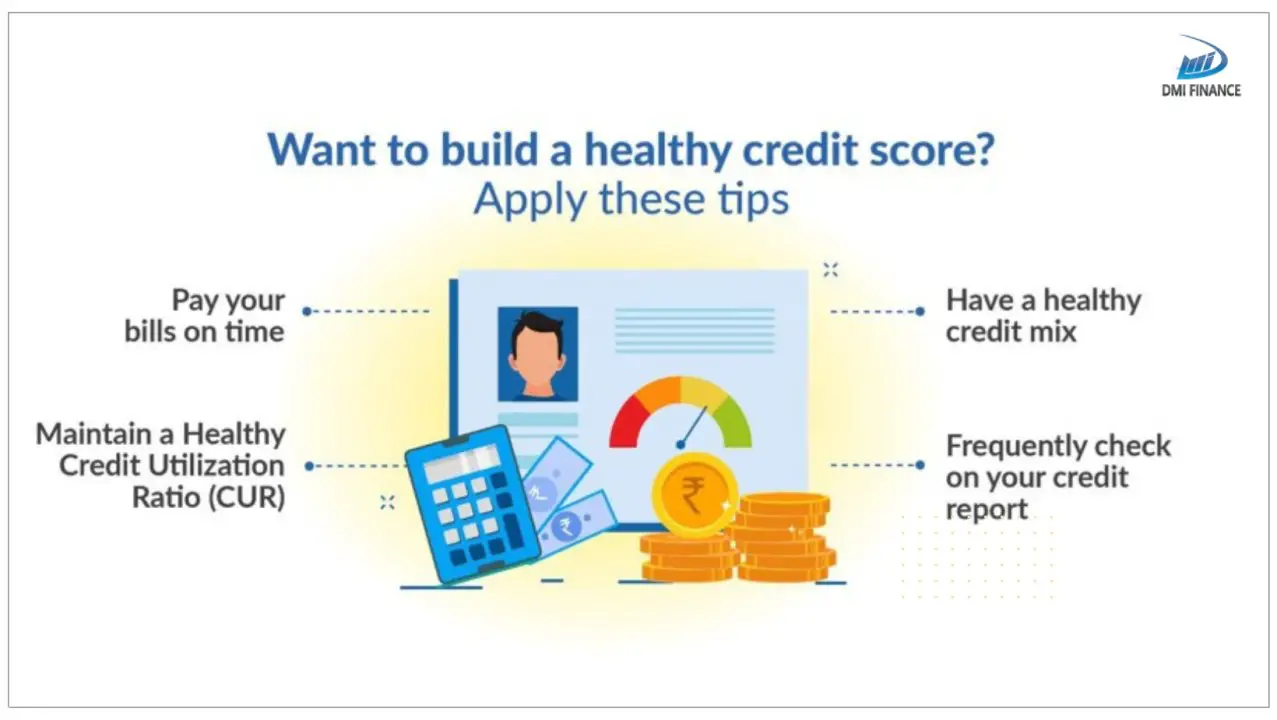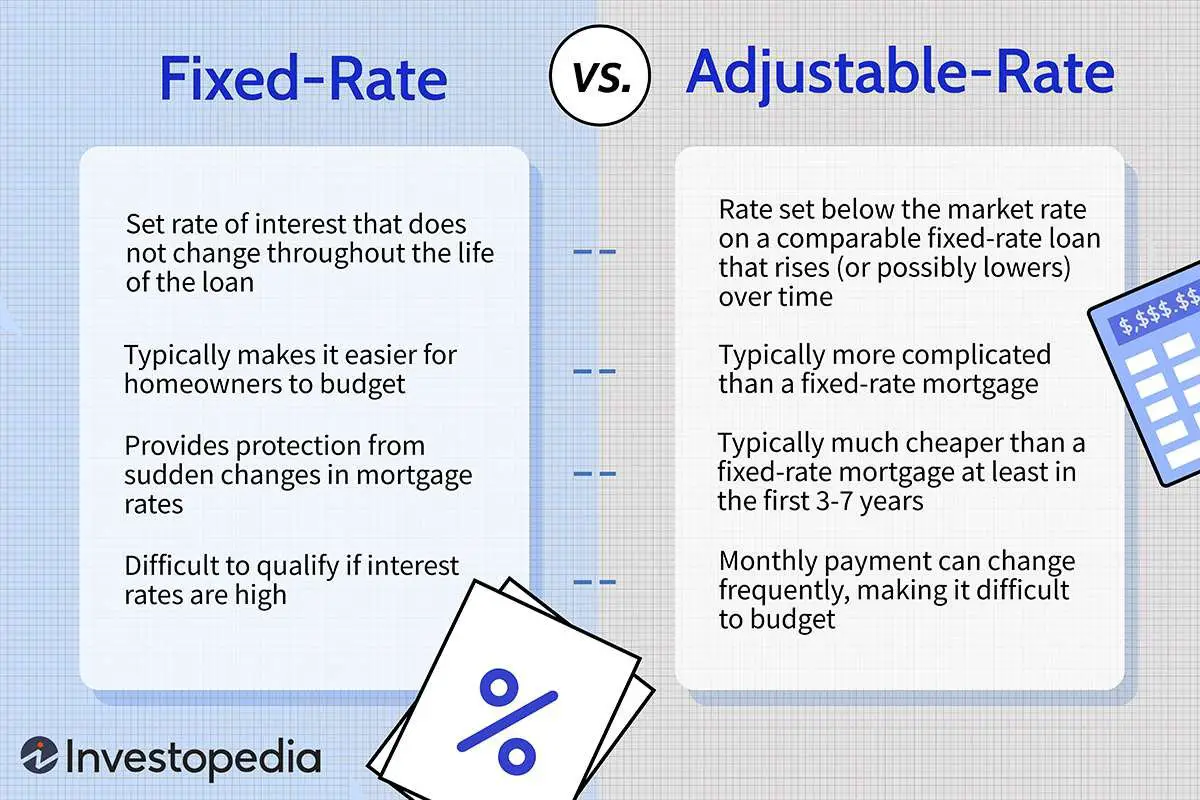Struggling to maintain a healthy credit mix? Look no further! We’ve got you covered with practical tips and strategies to keep your credit mix in tip-top shape. A healthy credit mix is vital for building a strong financial foundation and qualifying for favorable interest rates on loans and credit cards. By actively managing your credit mix, you can improve your creditworthiness and enhance your overall financial well-being. In this article, we’ll delve into the nitty-gritty of maintaining a healthy credit mix and provide you with actionable steps to ensure success. So, let’s dive right in and explore the world of credit mix maintenance!
Tips for Maintaining a Healthy Credit Mix
Maintaining a healthy credit mix is crucial for your financial well-being. It not only affects your ability to secure loans and credit cards but also plays a significant role in determining your credit score. Having a diverse credit mix demonstrates responsible financial behavior and can help you build a strong credit history. In this article, we will explore essential tips for maintaining a healthy credit mix and improving your overall financial health.
Understanding Credit Mix
Before we delve into the tips, let’s first understand what credit mix entails. Credit mix refers to the different types of credit accounts you have, such as credit cards, mortgages, auto loans, student loans, and personal loans. Lenders look at the variety of credit accounts in your name to assess your creditworthiness.
Having a healthy credit mix means having a good balance of both revolving credit, like credit cards, and installment credit, such as loans. It shows lenders that you can handle different types of credit responsibly. Now, let’s explore some tips to help you maintain a healthy credit mix.
1. Diversify Your Credit Accounts
One of the most important tips for maintaining a healthy credit mix is to diversify your credit accounts. Aim to have a mix of both revolving and installment accounts. Here are some strategies to diversify your credit:
- Apply for a credit card: Having at least one or two credit cards can help you build a strong credit mix. Choose cards from different issuers or with different rewards programs to add variety.
- Consider an installment loan: If you don’t have any installment loans, such as a mortgage or auto loan, you may want to consider applying for a small personal loan. This can help diversify your credit mix and show lenders your ability to handle different types of credit.
- Explore different credit lines: Apart from credit cards, explore other options like lines of credit or home equity lines of credit (HELOCs) to diversify your credit mix.
2. Make Timely Payments
Making timely payments is crucial for maintaining a healthy credit mix. Your payment history accounts for a significant portion of your credit score, and any missed or late payments can have a negative impact. Here’s how you can ensure timely payments:
- Set up automatic payments: Consider setting up automatic payments for your credit cards and loans. This way, you won’t miss any due dates and can avoid late payment penalties.
- Set reminders: If you prefer to manually make payments, set reminders on your phone or calendar to ensure you never forget a due date.
- Create a budget: Having a budget can help you manage your finances effectively and ensure you have enough funds to cover your credit obligations.
3. Limit New Credit Applications
While diversifying your credit mix is important, it’s equally crucial to limit new credit applications. Applying for multiple new credit accounts within a short period can raise red flags for lenders and negatively impact your credit score. Here are some considerations:
- Apply for credit sparingly: Only apply for credit when you genuinely need it. Be cautious with multiple applications, especially within a short period.
- Do your research: Before applying for any credit account, research different options and compare terms and conditions. This way, you can choose the best option that suits your needs without applying for too many accounts.
4. Keep Credit Utilization Low
Credit utilization is the ratio of your credit card balances to their respective credit limits. Keeping your credit utilization low is crucial for maintaining a healthy credit mix. High credit card balances can negatively impact your credit score and signal financial distress. Here’s how you can keep your credit utilization in check:
- Pay off balances in full: Aim to pay off your credit card balances in full each month. By doing so, you can avoid interest charges and maintain a low credit utilization ratio.
- Keep credit card balances low: If paying off balances in full is not feasible, try to keep your credit card balances as low as possible. Ideally, aim to keep your credit utilization below 30% of your available credit limit.
- Request credit limit increases: Another way to reduce your credit utilization ratio is by requesting credit limit increases on your existing cards. However, use this strategy with caution and avoid increasing your spending habits.
5. Monitor Your Credit Report
Regularly monitoring your credit report is a crucial step in maintaining a healthy credit mix. By checking your credit report, you can identify any errors or inconsistencies that may be negatively impacting your credit score. Here’s how you can monitor your credit report effectively:
- Review your credit report annually: Request a free copy of your credit report from each of the three major credit bureaus (Equifax, Experian, and TransUnion) once a year. Review the report for any inaccuracies or suspicious activities.
- Consider credit monitoring services: If you want more frequent updates, consider opting for credit monitoring services. These services provide regular credit reports and alerts for any changes in your credit profile.
- Report any discrepancies: If you identify any errors or fraudulent activities on your credit report, report them immediately to the respective credit bureau. Disputing inaccuracies can help improve your credit score.
6. Be Patient and Consistent
Maintaining a healthy credit mix takes time and consistent effort. It’s important to be patient with your credit-building journey and follow good financial habits consistently. Here are some additional tips to keep in mind:
- Avoid closing old credit accounts: Closing old credit accounts can reduce your overall credit age and impact your credit mix. Instead, keep them open and use them occasionally to maintain an active credit history.
- Avoid unnecessary debt: While credit is essential, it’s equally important to avoid unnecessary debt. Borrow only what you can comfortably repay and make informed financial decisions.
- Seek professional advice if needed: If you’re struggling with credit issues or need guidance, consider seeking help from a reputable credit counseling agency. They can provide personalized advice and help you develop a plan to improve your credit mix.
In conclusion, maintaining a healthy credit mix is crucial for your financial well-being. By diversifying your credit accounts, making timely payments, limiting new credit applications, keeping credit utilization low, monitoring your credit report, and being patient and consistent, you can build a robust credit mix and improve your overall financial health. Remember, good financial habits and responsible credit management are the keys to achieving a healthy credit mix and securing a bright financial future.
The Perfect Credit Mix | Kenney Conwell
Frequently Asked Questions
Tips for Maintaining a Healthy Credit Mix – Frequently Asked Questions (FAQs)
Q: What is a credit mix?
A: A credit mix refers to the different types of credit accounts you have, such as credit cards, loans, and mortgages.
Q: Why is maintaining a healthy credit mix important?
A: Maintaining a healthy credit mix demonstrates your ability to handle different types of credit responsibly, which can positively impact your credit score.
Q: How many types of credit accounts should I have in my credit mix?
A: It’s recommended to have a mix of at least two to three types of credit accounts, such as credit cards, installment loans, and a mortgage.
Q: Should I open multiple credit cards to improve my credit mix?
A: Opening multiple credit cards solely for the purpose of diversifying your credit mix may not be beneficial. Instead, focus on managing a few credit accounts responsibly.
Q: What should I consider when applying for new credit?
A: When applying for new credit, consider the impact it may have on your credit mix and overall credit health. Only apply for credit when necessary and avoid excessive applications.
Q: Can having too many loans negatively affect my credit mix?
A: Having numerous loans can potentially lower your credit score, especially if your debt-to-income ratio becomes too high. It’s important to manage your debts responsibly.
Q: How does a mortgage affect my credit mix?
A: A mortgage is considered an installment loan, which adds to your credit mix. Making timely mortgage payments can positively impact your credit score.
Q: Should I close old credit cards to improve my credit mix?
A: Closing old credit cards can potentially lower the average age of your credit accounts, which may have a negative impact on your credit score. Evaluate the potential consequences before closing any accounts.
Q: Can a lack of credit mix affect my ability to get approved for loans?
A: Yes, a lack of credit mix may be viewed negatively by lenders as it doesn’t provide a comprehensive view of your creditworthiness. It’s important to establish and maintain a healthy credit mix to increase your chances of loan approval.
Final Thoughts
In order to maintain a healthy credit mix, it is important to follow a few key tips. First and foremost, make sure to diversify your credit by having a mix of different types of accounts, such as credit cards, loans, and mortgages. This will demonstrate that you can handle various forms of credit responsibly. Additionally, it is crucial to make all of your payments on time and in full, as this will show lenders that you are reliable and trustworthy. Lastly, regularly monitor your credit report to ensure accuracy and address any issues promptly. By implementing these tips for maintaining a healthy credit mix, you can enhance your financial well-being and improve your chances of obtaining favorable credit terms.



